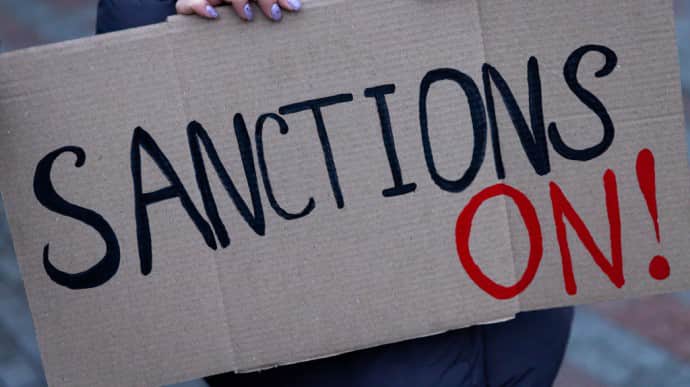Resignation shouldn’t prevent the release of Gaetz report — it didn’t stop us last time
Former Rep. Matt Gaetz has withdrawn his name from consideration for attorney general and resigned from Congress, but the House Ethics Committee must release their report on allegations of sexual misconduct against him.

Former Rep. Matt Gaetz (R-Fla.) has withdrawn his name from consideration for attorney general and said he would not be returning to the House. But Gaetz, who announced his resignation from Congress mere hours after Donald Trump nominated him to the post, will not be fading into obscurity. We know that Trump selects his closest political allies on loyalty over anything else, and Gaetz is one of the most loyal members of his movement.
Gaetz resigned, presumably to stop the release of a report by the House Ethics Committee on their years-long investigation into allegations of sexual misconduct against him. The House Ethics Committee must release its report — not only because the American people deserve to know the character of someone who represented them for seven years in Congress, but because Gaetz’s career in politics is likely far from over.
When Rep. Nathan Deal (R-Ga.) resigned from the House of Representatives in 2010, just hours before the Office of Congressional Ethics was set to release a report on its ethics investigation into his actions, it was undoubtedly to protect his ongoing gubernatorial bid from any backlash.
I was one of OCE’s very first investigators at the time, where we had the responsibility of bringing an independent, nonpartisan eye to accusations of congressional ethics violations.
Despite his resignation, the OCE decided unanimously that the public had a right to know whether Deal had met the rigorous standards to which we hold our elected officials. We released our findings that there was credible reason to believe Deal had used his position and official resources to financially benefit his vehicle salvage business.
That report (and the various other ethics violations it uncovered) now remains a significant part of Deal’s legacy of corruption while in public office.
It has not been nearly as easy to shed light on the Gaetz probe. Why has precedent not been followed, despite the consistent calls from lawmakers and the public to release the report?
There is a simple answer: The Gaetz probe was conducted by the House Committee on Ethics, not the OCE.
While the House Committee on Ethics is composed of members of Congress, the OCE is an independent, nonpartisan office that can review allegations and make recommendations to the committee for investigations. This freedom from partisan interference is what allowed us to prioritize public interest and transparency when releasing our findings on Deal.
But the Gaetz investigation is not in the hands of nonpartisan lawyers or private citizens. The matter was brought directly to the Ethics Committee, which means that their decision on whether to release the report could potentially have huge political ramifications — particularly for members of the Ethics Committee.
For members on the House Committee, the Gaetz nomination was a political minefield. House Speaker Mike Johnson (R-La.) had urged against releasing the report, and representatives faced a barrage of political pressure from the president-elect to confirm his nominees.
I know that for the Republican members of this committee, Gaetz’s resignation seems like the perfect opportunity to let the matter fade into obscurity.
But I worry that the consequences of keeping these findings from the public will be far more detrimental.
Justice shouldn’t have a time limit. Creating a loophole where representatives can withhold information from the public by resigning at the right moment is a dangerous precedent and why we have chosen to release ethics reports on former representatives in the past; like we did for Nathan Deal, and like we also did when the OCE found that former Rep. Jim Renacci (R-Ohio) used taxpayer-funded resources for his political campaign.
Even more importantly, if the investigation found that the official did not commit any offenses, the public needs to know. If Gaetz ever continues his political career without the release of this report, Americans will have little to judge the true integrity of his character besides the salacious headlines and political infighting that have erupted since his nomination.
For many Americans, a decision to keep this report private confirms their cynical perception of our lawmakers: operating in secrecy, beholden to their own personal interest, and answering only to those with enough political power to gain their ear. Earning public trust requires showcasing that our institutions work, no matter who is in charge.
We are entering the second term of a president who has not hesitated to use his official powers — and the long reach of his ultra-wealthy political allies — to bend the will of the legislative and judicial branches to his desires and create a culture of fear amongst Republicans who publicly disavow his agenda. The Gaetz report will not be the first test on our government’s willingness to prioritize the public good over partisan interests. Failing it is a dangerous premonition for what’s to come.
Kedric Payne is Campaign Legal Center’s vice president, general counsel and senior director of ethics.



